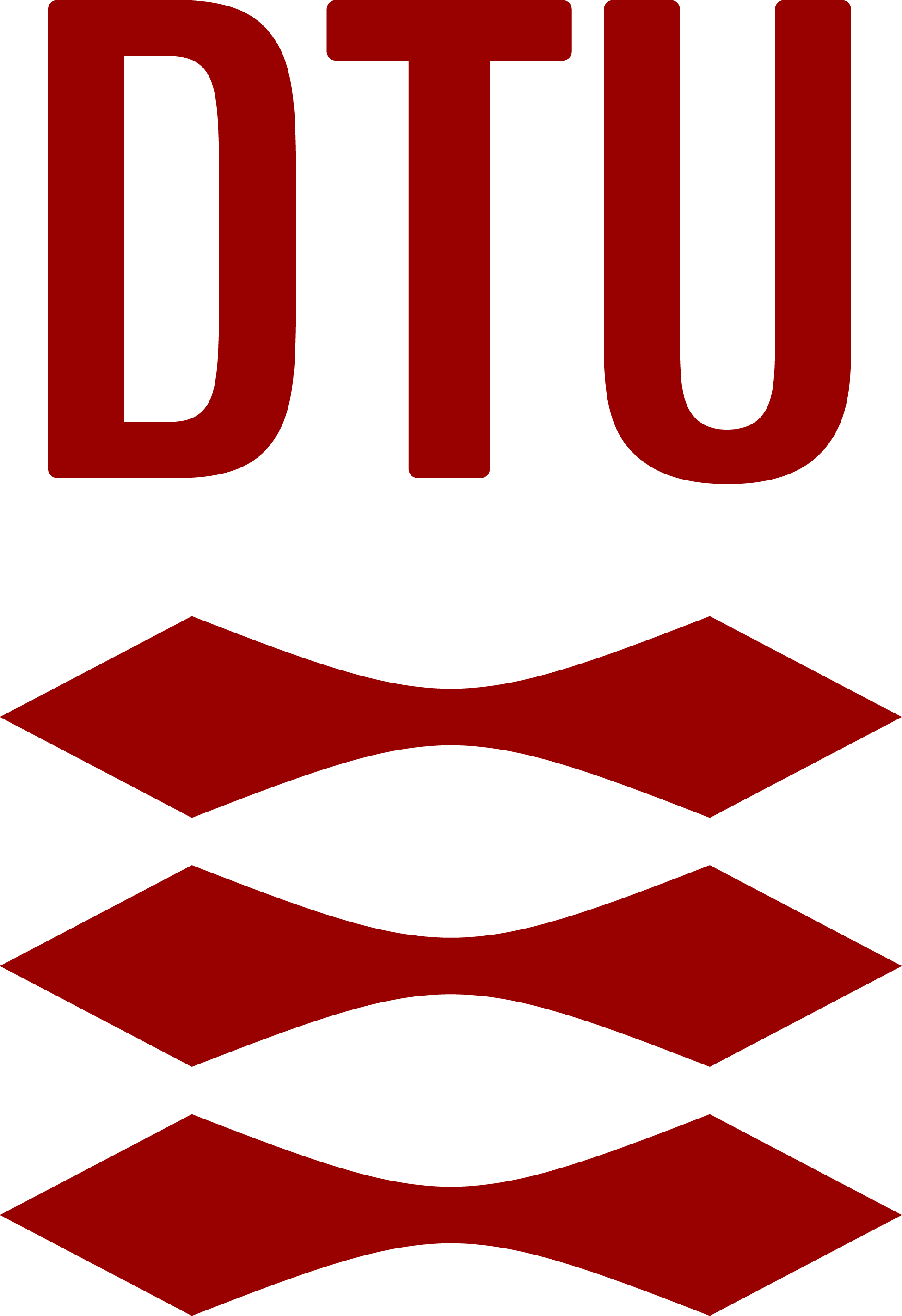About this course
The course is about applying innovation theory and models in practice and solving concrete engineering innovation challenges in collaboration with a company. The course works systematically with innovation as an exploratory process aimed at building up knowledge as a basis for seeing new opportunities. Important parts of this work is to thoroughly investigate the problem and its context and see the problem from different perspectives (reframing). Another important element is to develop value-creating solutions that take into account the context in which the solution should be implemented. Visits and interviews with key stakeholders are an important part of the work and activities out of the house must therefore be expected. Through the work on the concrete innovation challenges, experience with navigating constructively in a complex engineering reality is gained and with putting on a business perspective on both problem understanding and problem solving. Considerations about users, technology, design, sustainability, market, society and economics must be involved in both problem understanding and problem solving. As key elements of an innovation process, work will be done in these areas: Problem identification, idea generation, collection and assessment of quantitative and qualitative information, prototyping, and testing and testing of ideas, prototypes and concepts. The course provides training in delivering a concise, inspiring and informative presentation (pitch) of selected solutions as well as guidance on how the written reports are targeted recipients and intentions. The teaching method is based on blended learning, where a significant part of the theoretical teaching takes place as e-learning and the course days are organized as a mix of workshops, group work and corporate meetings. Later in the process there will also be work in the workshops in SkyLab and at the Ballerup Campus. The project groups are composed of engineering disciplines, and two business courses are conducted during the course. Teamwork and project work are essential parts of the course and the course's learning process. Students are therefore expected to take an active and constructive role in the organization of the team's project work. Throughout the course, groups and students individually lead a logbook that continuously describes and reflects on the course activities and how they are handled in the groups and for the individual. This logbook provides the grounds for creating a detailed understanding of content and learning at the end of the course. Practical information: - Group formation takes place on the first day of the course, if you are unable to attend, please contact the course manager. - The course will be held concurrently at Ballerup and Lyngby campus. - The course language is English and all assignments must be formulated in English.
Learning outcomes
At the end of the course the learner will be able to: • Explain basic theory and methods in innovation and business understanding as well as cooperation and communication • Explain and apply the course's innovation theory foundation in connection with an innovation process • Investigate and map the context of a given problem in order to understand for example market, value creation, trends, needs and technological opportunities. • Set up vision and goals for an innovation process by looking at the innovation challenge from different perspectives and using relevant innovation methods • Organize and design an innovation process to solve a concrete innovation challenge and explain and evaluate the chosen process and method based on theory • Use relevant innovation methods and tools for key elements of the innovation process. • Analyze, evaluate and describe possible solutions to an innovation challenge from a business, technological, organizational and user perspective. • Select and argue for a chosen innovation solution and describe how to implement the solution as well as the business potential and budget. • Work and collaborate across engineering disciplines and organize cooperation in a heterogeneous project group Illustrate and present results of project work orally for relevant stakeholders • Communicate a solution proposal as a written presentation that includes a documented prototype as well as analyses and considerations on business, users, sustainability, organizational and technological issues and furthermore considers the implementation of the proposed solution. • Evaluate and reflect on co-operation in an interdisciplinary team, including the role of own and others in the innovation process in order to understand how the team communicates, plans, makes decisions, solves problems, manages discrepancies, and manages professional and personal differences as well as how own and others' competencies are used in the solution of a concrete task.
Examination
Project
Course requirements
First two years of study
Activities
The course is based on interdisciplinary team work on a company project. Consequently, an active attendance is expected to pass the course. , Teaching takes place as a combination of e-learning and workshops.
Additional information
- Institution locationAnker Engelunds Vej 1, Online
- More infoCoursepage on website of Technical University of Denmark
- Contact a coordinator
- CreditsECTS 10
- LevelBachelor
- Contact hours per week8
- InstructorsSara Grex
- Mode of instructionHybrid
Offering(s)
Start date
5 February 2025
- Ends14 May 2025
- Term *Fall 2024
- LocationOnline
- Instruction language
Enrolment period closed
